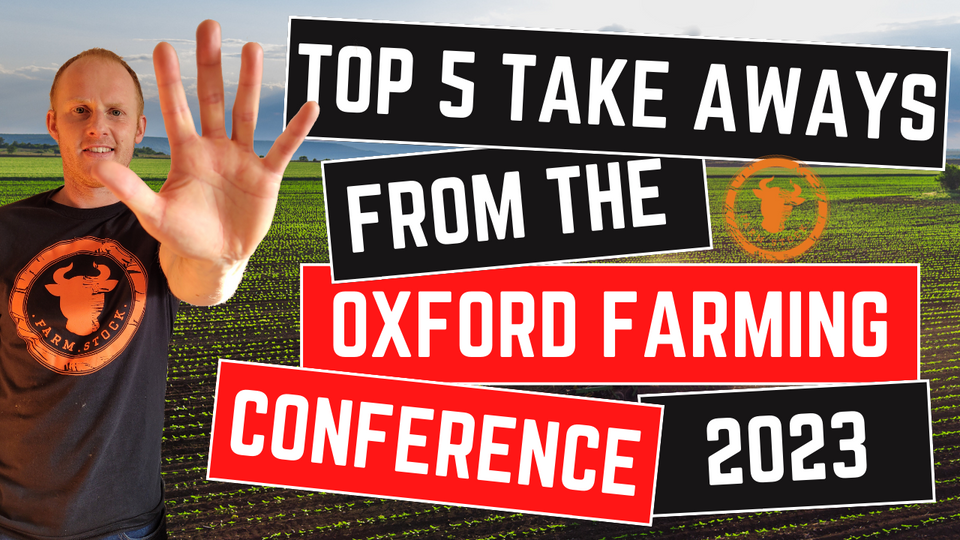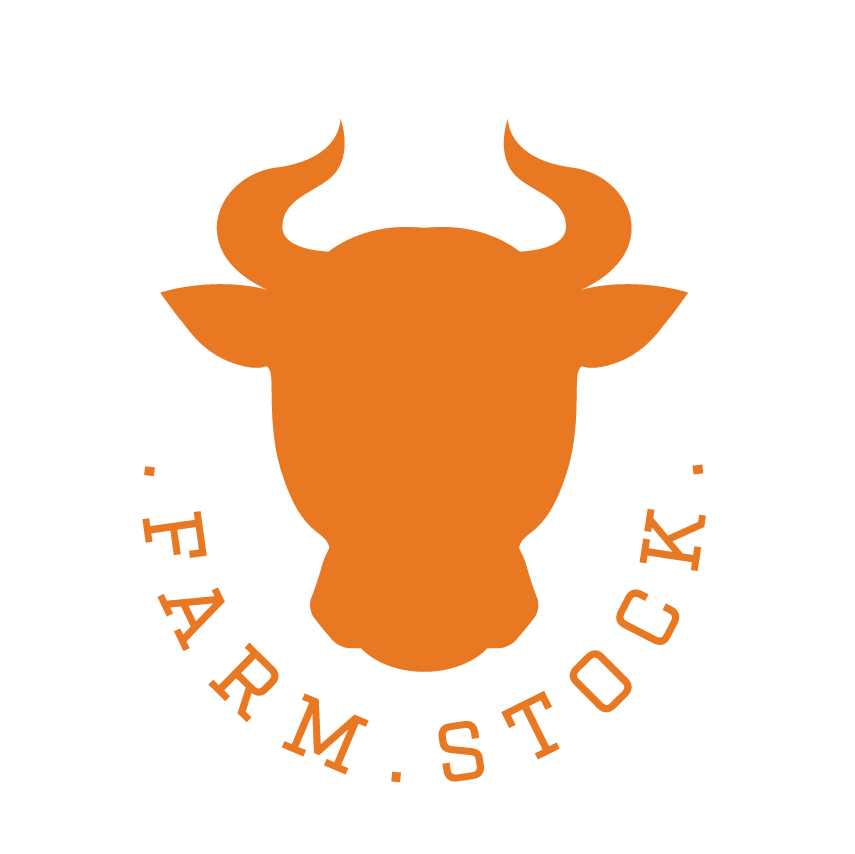My Top 5 takeaways from the Oxford farming Conference 2023

The Oxford Farming Conference was back in person for the first time in 3 years. Billed as the leading farming and agribusiness conference, the event looks to inform, inspire and challenge those who attend whilst being a force for 'positive change' in the industry.
Unsurprisingly, much of the discussion focused on sustainability and the climate crisis but increasing pressure on land use, the food supply chain and culture change in the industry also took centre stage.
So here are my top 5 take aways from the Oxford Farming Conference in 2023:
1) Our food supply chain is fundamentally broken
This was one of the big takeaways from the OFC report for 2022. The report, which looks at the need for fairness and cost-sharing in the food supply chain, found that the UK food supply chain is broken with those at the bottom (i.e. farmers and producers) are the worst off.
It is essential that farmers are treated fairly so as we can continue to feed the nation in a sustainable way - both for the environment and business bottom line.
Fundamentally, we should not be selling or producing into a system the drives us further into debt. And yet we continue to see farmers and producers doing just that. It is just not sustainable. If the numbers don’t add up then don’t do it.
2) Natural Capital will change everything
For too long, UK supermarkets have had too much power over their supply chains and producer. This, I believe, is about to change with the introduction of natural capital. The role farmers are poised to play in tackling climate change will (I hope) mean a rebalance of power.
With the UK Government placing increasing pressure on companies to become responsible and accountable for their carbon emission, I believe farmers should use their natural assets as a bargaining chip to renegotiate a better deal for the produce they sell. We need to move away from a solely transactional relationship of selling produce to a value add mindset where natural capital plays a key roll in the negotiation.
Natural capital is a great asset if, and only if, we use it to our advantage.
3) The growing demands on land in the UK
This topic is about as old a your dead grandmother but increasing pressures from the government means that it formed a large part of the discussions at this year's conference.
In a world where there are increasing demands of our land, how can we farm profitably for the environment, for society in terms of food production and for our own bottom line? World population is expected to peak at 11bn in 2086 so the increased demand for food production will continue for at least 50 years whilst the climate crisis needs solving now. How can we do this in a way that rewards farmers?
The introduction of the land-use framework along with the evolution of ELMS will go some way in helping this but culture change and political bravery will be essential if we can come of a land use consensus.
4) The need for a frame work around natural capital
One of the biggest buzz words of recent years with far too much talk and not enough action! Most people will admit carbon markets are a bloody wild west at the moment with a lot of cowboys trying to buy early in sight of future returns. I think it's fair to say no one really knows what the hell is going on!
As highlighted at the conference, we’re in the very early phases of carbon market maturity but it is going to take of in a big way. Driven mainly by government pressure on companies to reduce and be accountable for the carbon emissions.
This puts farmers and land owners in a great position to capitalise but a regulatory framework for this nonsense needs to be outlined. We need more scientific data to back up our thinking and a regulatory baseline to determine the scope for the market.
It is coming but we’re not there yet.
5) Culture change and getting started
The question of ‘what does it mean to be a farmer in 2023’ came up a few times. It was evident we need to get away the traditional image of 'the farmer' - one that was crystalised during and immediately after WW2 as farmers literally fed the nation - towards a more modern and realistic image. One that encompassed food production, environmental sustainability and biodiversity.
I believe our image should be one of climate fighters AND producers. A forward looking, modern image with the environment at the centre. An image that paints farmers as the hero rather than the villain (as the media would like to portray!).
Notes
A lot of people see the OFC as a bunch of old suits blowing smoke up each others arse. Buy, look beyond all the fluff and I do believe it is a force for good in the industry.
I should add I didn't attend in person this year. I spent £70 on one of their digital tickets which enabled me to listen in via video link.
All in all, it was worthwhile and I'd recommend it to anyone with an interest in the direction of the industry going forward.
